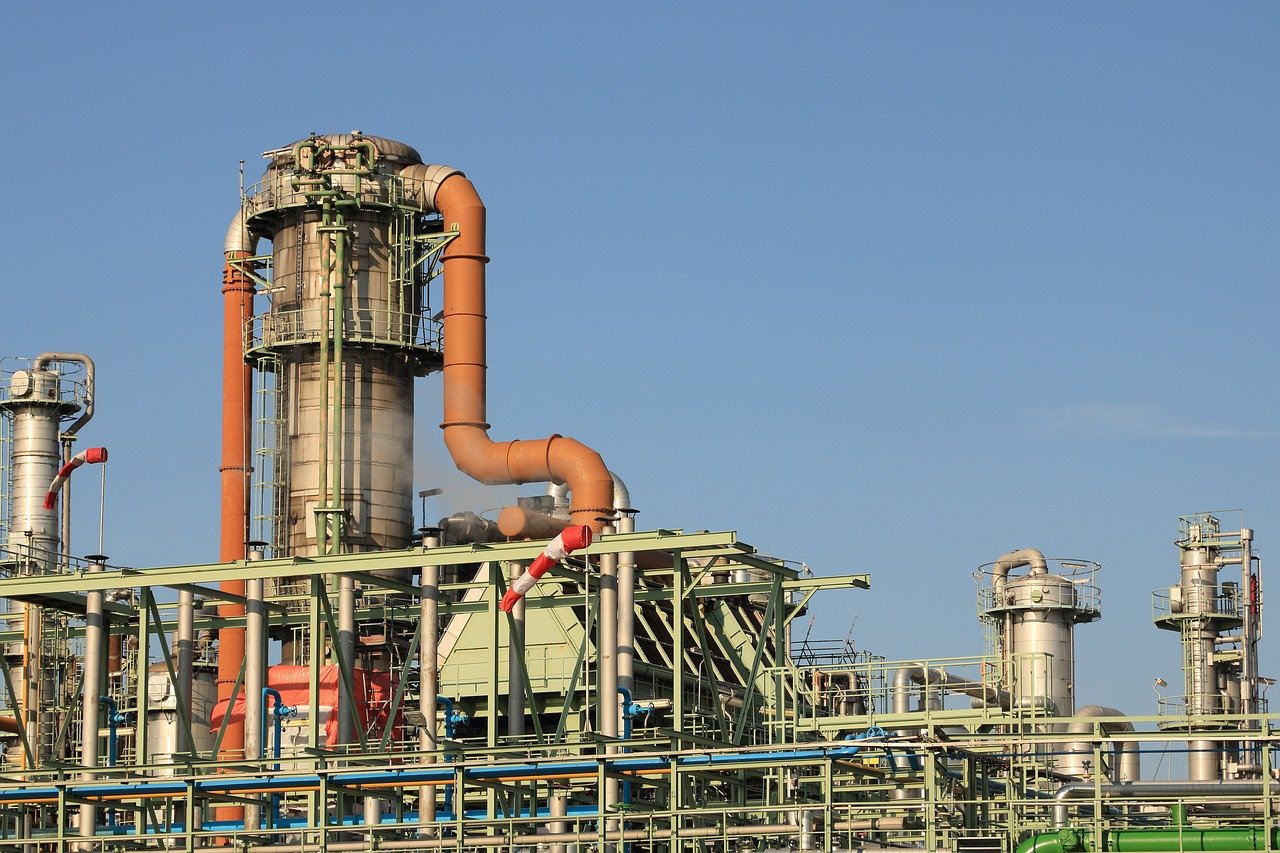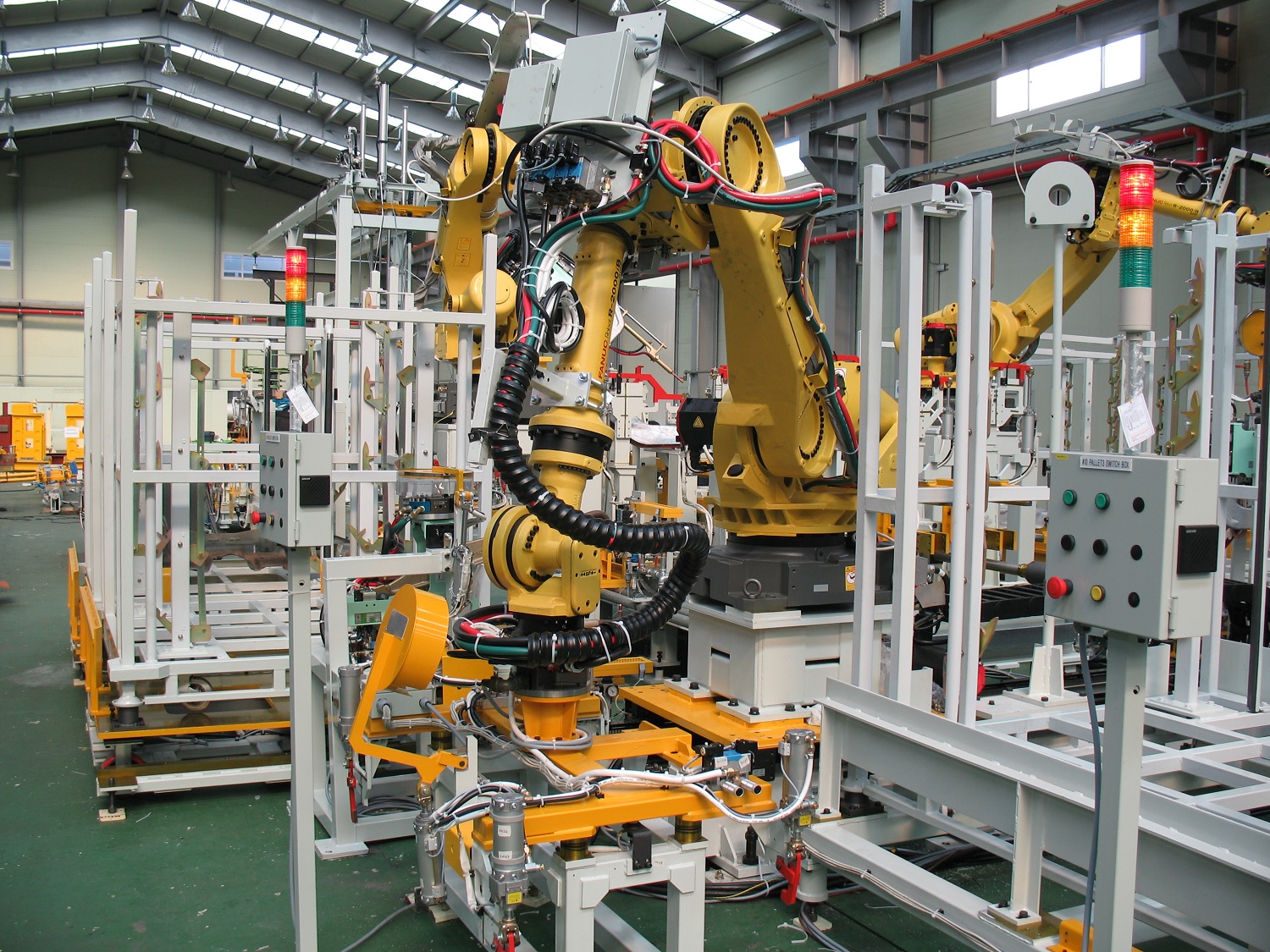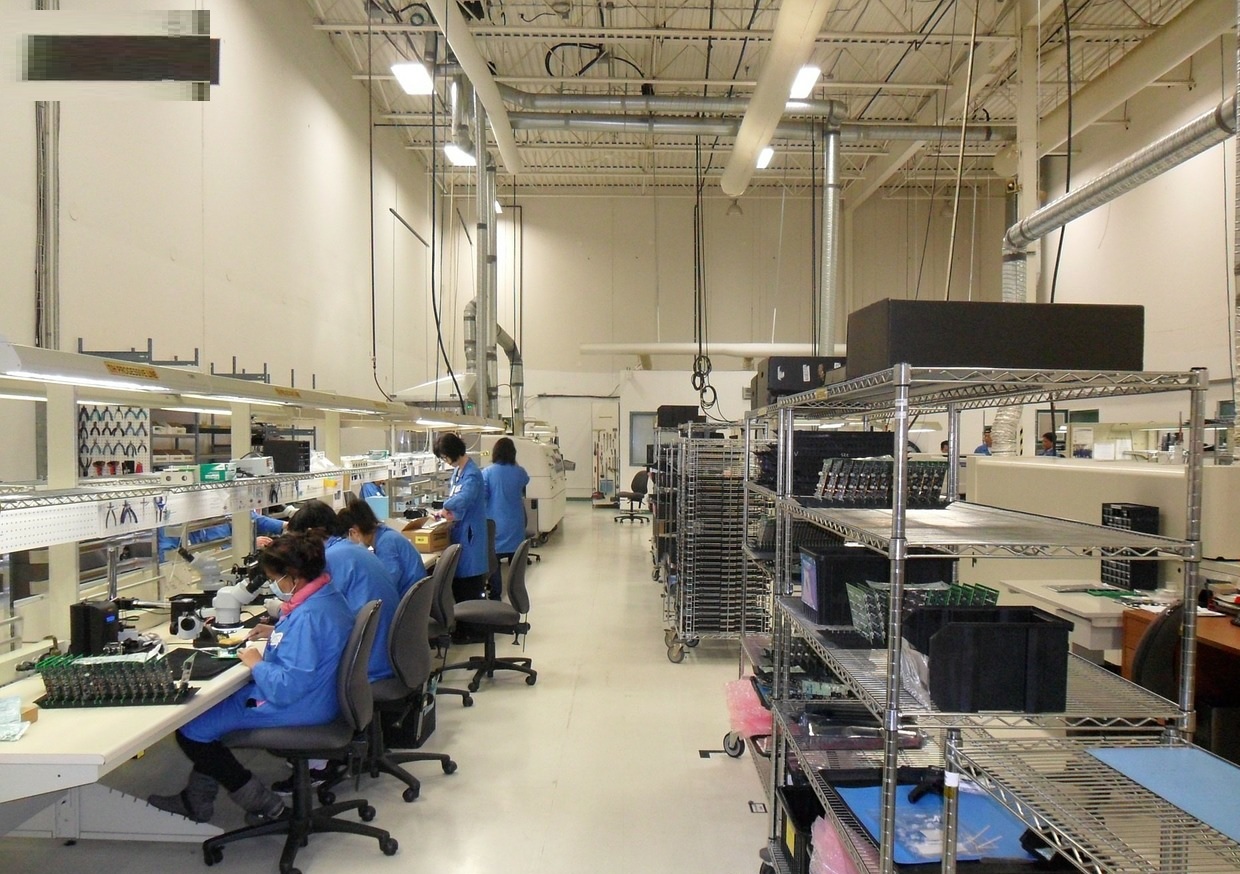
Contract manufacturing is an outsourcing form where the company employs other companies with proper equipment and facilities and skilled workforce to handle complex product processing processes. Many industries and companies depend on contract manufacturers. We talk about industries involving computers, pharmaceutical products, cosmetics, cars and vehicles, and electronic equipment. Contract manufacturers process raw materials to complete products and send them to recruitment companies, which are able to free themselves from complexity and production and manufacturing costs. The flexibility of this kind of scheme makes it suitable in many fields and industries. In fact, many entrepreneurs exploit this kind of setting because it saves costs and allows them to undergo business without having to get all the equipment and labor needed to complete work. In addition, because they are released from complex but vital tasks, they can handle other important factors and other productive functions of business. Many find the sole advantage of this kind of scheme that has quickly become a trend in the global economic arena.
This type of transaction has been exploited by many companies working on chemical processing. The chemical industry provides raw materials for many industries and other sectors such as agriculture, medicine, pharmaceutical, petro-chemical, automotive industry, health services, food and production, and cosmetics industry. Many companies involved in such business do not have the ability to buy raw materials for their products. They do not have the right equipment and facilities for processing chemicals, especially produce standard chemical components for their finished products. In other cases, contract manufacturers manufacture and production, including packaging. For example, during chemical packaging, chemical packaging bears the parent company label.
There are many reasons why the industry mentioned above contracts chemical processing to other companies. As mentioned earlier, this strategy relieves that of costs must obtain or buy equipment and rent a skilled workforce properly. Simple logic logically. Why invest so much on equipment, facilities, human resources, and human resource training if there are already established companies or companies that can handle the whole production? Why did you give birth to your company’s assets if you can efficiently get services from business partners – contract manufacturers?
Chemical manufacturing institutions not only free business from dealing with the complexity of the manufacturing and production process but also ensuring product quality. Chemical producers have appropriate instruments and well-controlled laboratories, where various types of chemicals are processed. By processing, we mean purification, formulation, mixing, charging, and packaging depends on what is requested by the main company. In chemical laboratories is a collection of harmful chemicals and are quite safe. Chemical engineers and trained personnel work and work with anything from glycerin to sodium hydroxide, from deionized water to acetic acid. Chemicals are not easily handled, especially if they have to be used as raw materials or materials for certain products. Errors in measurement or instrument calibration can cause the quality of bad cosmetic or pharmaceutical products, for example. But it is rare because the toll producers who carry out the services are bespoke by certain industrial policies that must be observed by the Lest suspension or, in fact, the termination of manufacturing operations can be OK.










